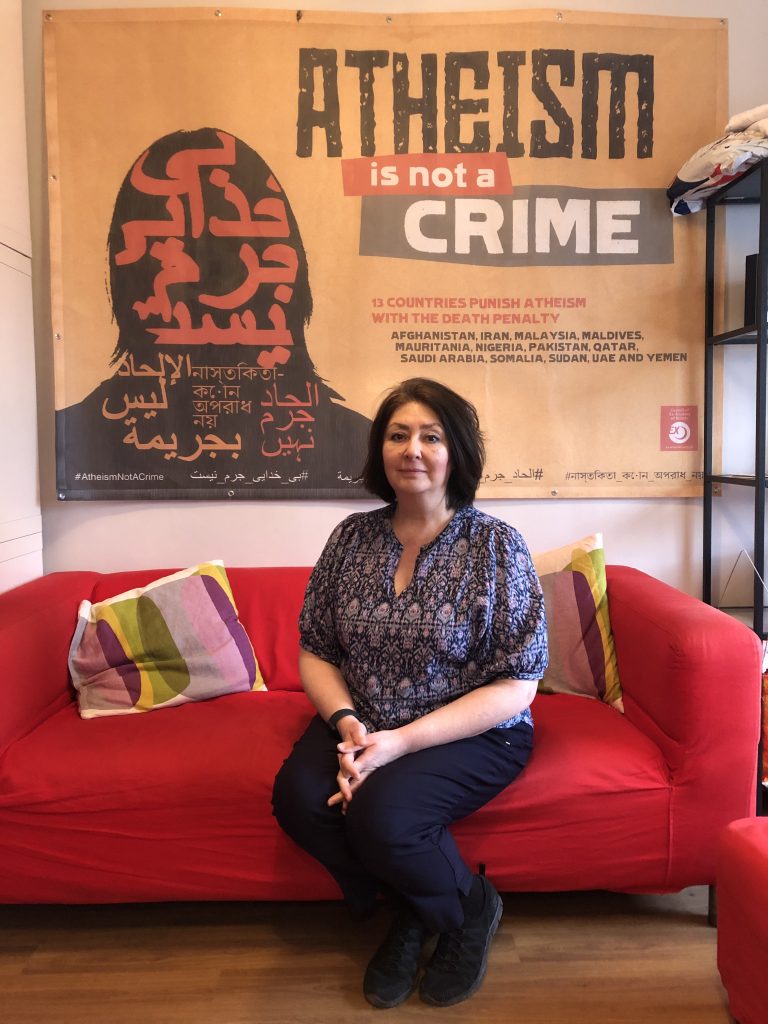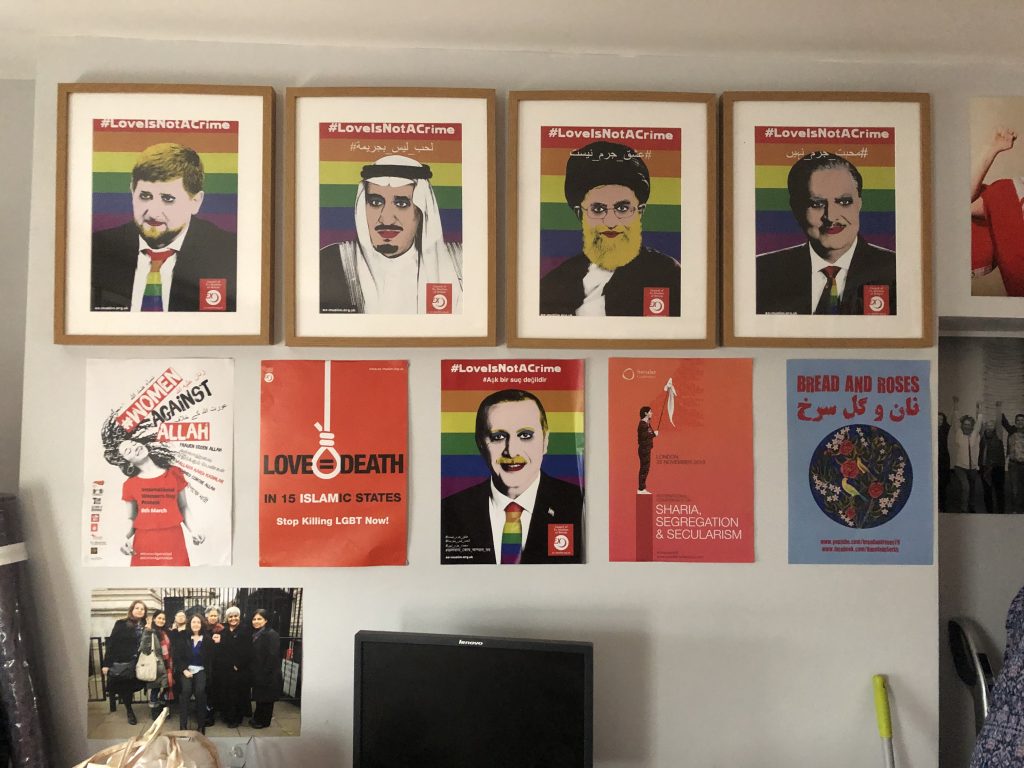National Secular Society ✏ After a councillor was denied mayoralty for criticising Islam, Jack Rivington warns politicians are playing into the hands of Islamist fundamentalists.
Last week, members of Boston Borough Council decided that the principle of free expression, and the traditions of their mayoralty, were less important than potentially offended religious feelings.
By convention as the longest serving member, Councillor Mike Gilbert was due to be appointed mayor of Boston for a one year term. However, following an intervention by several fellow councillors, he was blocked from taking up the position last month on the grounds that he had made past comments criticising aspects of Islamic religious doctrine.
These comments, posted on social media during the football World Cup in Qatar, drew attention to several features of Islam which Cllr Gilbert considered to be in conflict with the rights of women and LGBT people. Namely that in Islam, homosexuality is punishable by death, and women are considered to be of a lower status than men.
Despite Cllr Gilbert very clearly stating that his criticisms were not of Muslims themselves but of particular religious doctrines, a number of borough councillors saw fit to denounce him for what they characterised as 'hate speech'.
Last week, members of Boston Borough Council decided that the principle of free expression, and the traditions of their mayoralty, were less important than potentially offended religious feelings.
By convention as the longest serving member, Councillor Mike Gilbert was due to be appointed mayor of Boston for a one year term. However, following an intervention by several fellow councillors, he was blocked from taking up the position last month on the grounds that he had made past comments criticising aspects of Islamic religious doctrine.
These comments, posted on social media during the football World Cup in Qatar, drew attention to several features of Islam which Cllr Gilbert considered to be in conflict with the rights of women and LGBT people. Namely that in Islam, homosexuality is punishable by death, and women are considered to be of a lower status than men.
Despite Cllr Gilbert very clearly stating that his criticisms were not of Muslims themselves but of particular religious doctrines, a number of borough councillors saw fit to denounce him for what they characterised as 'hate speech'.
Continue reading @ National Secular Society.








































